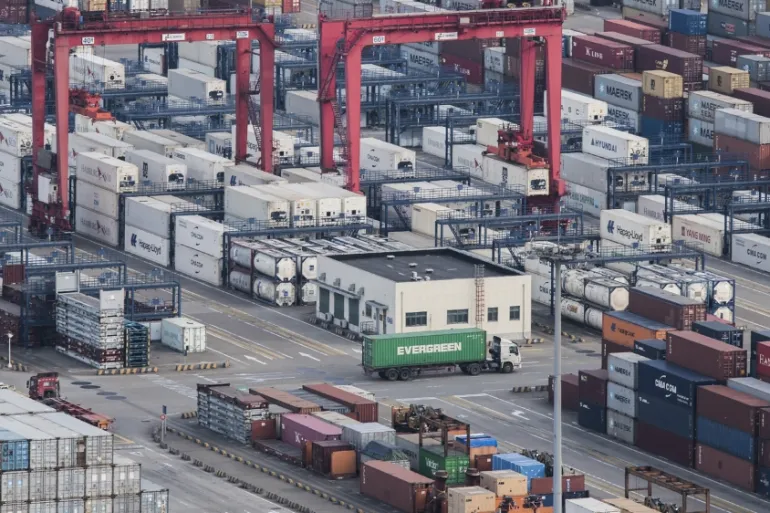
Nigeria could generate between ₦600 billion and ₦1.2 trillion in additional annual revenue if the National Single Window (NSW) system becomes fully operational, according to new projections by the Sea Empowerment and Research Center (SEREC).
The projections, contained in a bulletin titled “Nigeria’s Path Toward Seamless Cargo Clearance: The Imperative of a Functional NSW” and made available to Vanguard, highlight the potential of a digital trade platform to transform Nigeria’s port operations and boost efficiency.
The bulletin, signed by SEREC’s Head of Research, Fwdr. Eugene Nweke, noted that a functional NSW could reduce cargo dwell time by 35 to 45 percent, leading to logistics and demurrage savings for the private sector estimated at ₦300 to ₦400 billion annually.
Nweke added that overall trade transaction costs could drop by 20 to 25 percent, improving Nigeria’s global logistics competitiveness index and reducing the cost of doing business.
“This strong revenue trajectory shows Nigeria Customs’ determination. Yet, without a seamless, transparent digital backbone, efficiency leakages, compliance gaps, and overlapping bureaucracy continue to erode the full potential of these figures especially in the face of low import traffic,” Nweke stated.
He warned that the continued absence of a unified NSW system was undermining Nigeria’s regional trade competitiveness, as neighbouring ports in Cotonou, Lomé, and Tema already operate harmonised digital clearance platforms.
“Current system inefficiencies are estimated to cost Nigeria between ₦500 billion and ₦900 billion annually in unrealised revenue, administrative duplication, and lost productivity,” the report noted.
Beyond the fiscal gains, SEREC projected that a robust NSW ecosystem could create over 100,000 direct and indirect jobs in ICT, logistics, and data management, while enhanced transparency and predictability at the ports could attract $2–$3 billion in private logistics and maritime investments within five years.
The organisation further estimated that the system’s successful implementation could increase the maritime sector’s contribution to GDP by up to 1.5 percent, driving Nigeria closer to global standards for trade efficiency and customs modernization.
According to SEREC, the growing annual revenue of the Nigeria Customs Service underscores the importance of accelerating the implementation of the NSW, which is expected to serve as the digital backbone of the country’s trade facilitation agenda.



